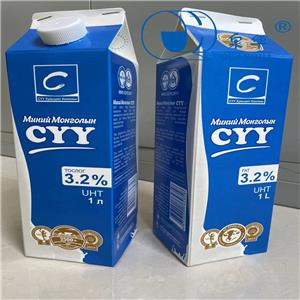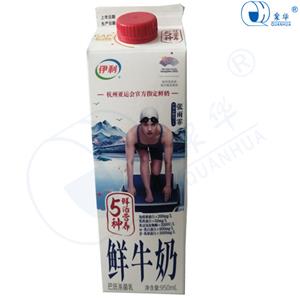How big is the pattern of “The Belt and Road”? -2 “Infrastructure” projects break development bottlenecks
“Infrastructure” projects break development bottlenecks
By tackling infrastructure disparities in developing countries,
the initiative is helping dismantle obstacles that had long hampered
their development.
In Laos, the hinterland of Southeast Asia, a China-Laos Railway has
turned this "land-locked country" into a "land-linked country".
This railway connects Vientiane, the capital of Laos, and Yunnan, China.
During its construction, thousands of unexploded bombs and landmines
left behind by the United States were removed. After the opening of the railway,
both passenger and cargo traffic flourished, and the port economy and cross-border tourism prospered.
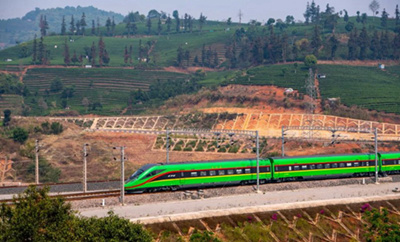
In Africa, Kenya has the first modern railway in the past century, the Mombasa-Nairobi Railway, which solves the problem of inefficient cargo transportation between Mombasa Port and inland areas. This railway has not only created 46,000 local jobs and boosted economic growth by more than 2 percentage points, but has also revitalized more than
30 towns with stations. A new wave of urbanization is sweeping along the railway.
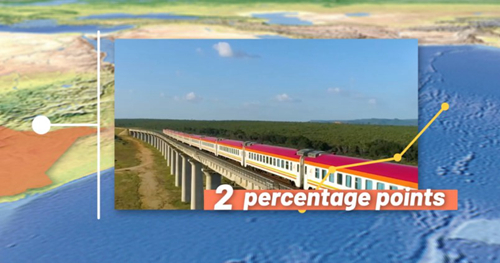
Nigeria now has its first modern deep seaport Lekki, which is forecast to create nearly 170,000 jobs and generate revenue of $361 billion over the next 45 years.
A port brings fire to a city, or even a country.
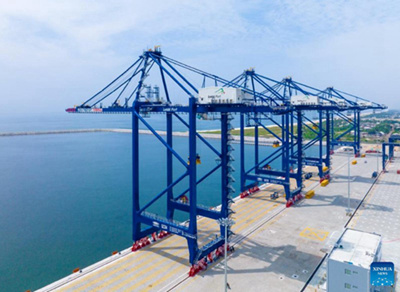
The Maldives has the first cross-sea bridge in the Indian Ocean, the China-Maldives Friendship Bridge. The complex geology of coral reefs on the seabed made the construction process extremely difficult, but Chinese companies overcame the
difficulties and built the bridge.
Indonesia has its first high-speed railway, the Jakarta-Bandung High-speed Railway.
The original 3.5-hour drive now only takes 40 minutes, and the tourism industry has
been boosted. As of May this year, it has attracted 51,000 local jobs.
Many countries such as Jamaica, Montenegro, and Uganda have their first highways.
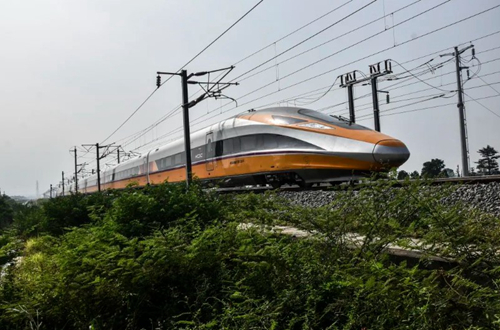
The initiative has facilitated the adoption of clean energy in Africa, helping it avoid the pollution associated with Western industrialization.
Jinan Quanhua Packaging Products Co., Ltd. is committed to green production and provides environmentally friendly roof-top cartons to contribute to reducing carbon emissions.


